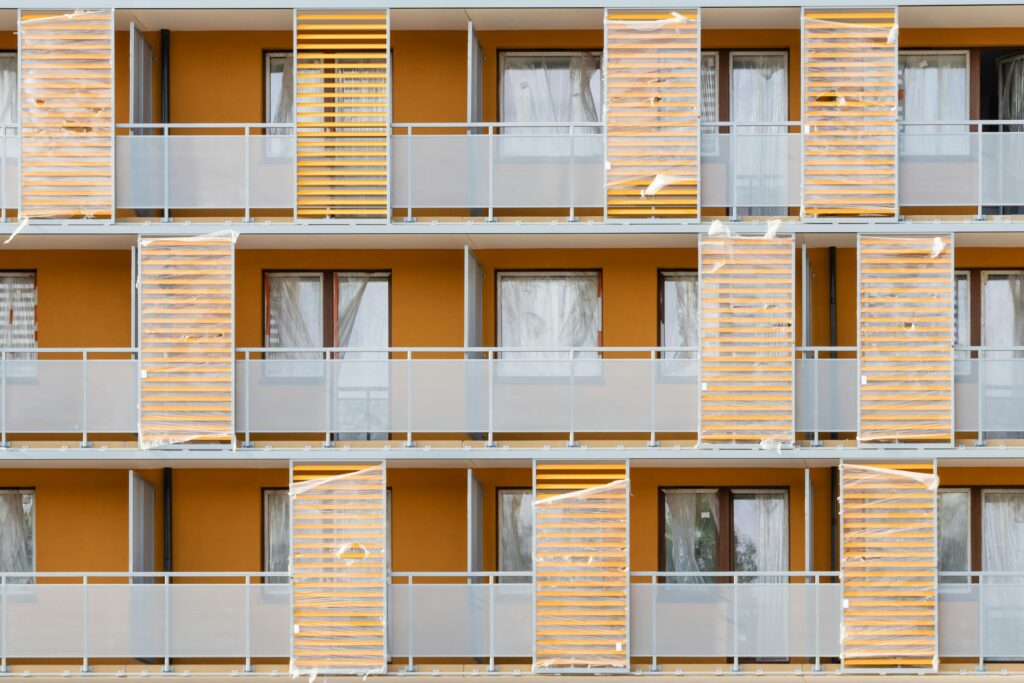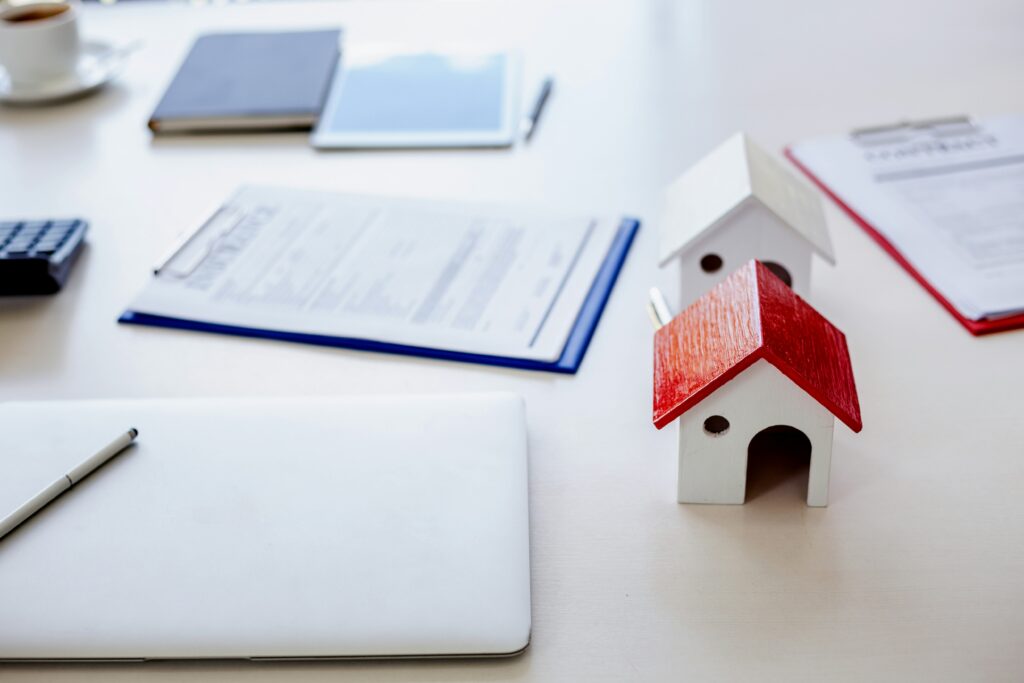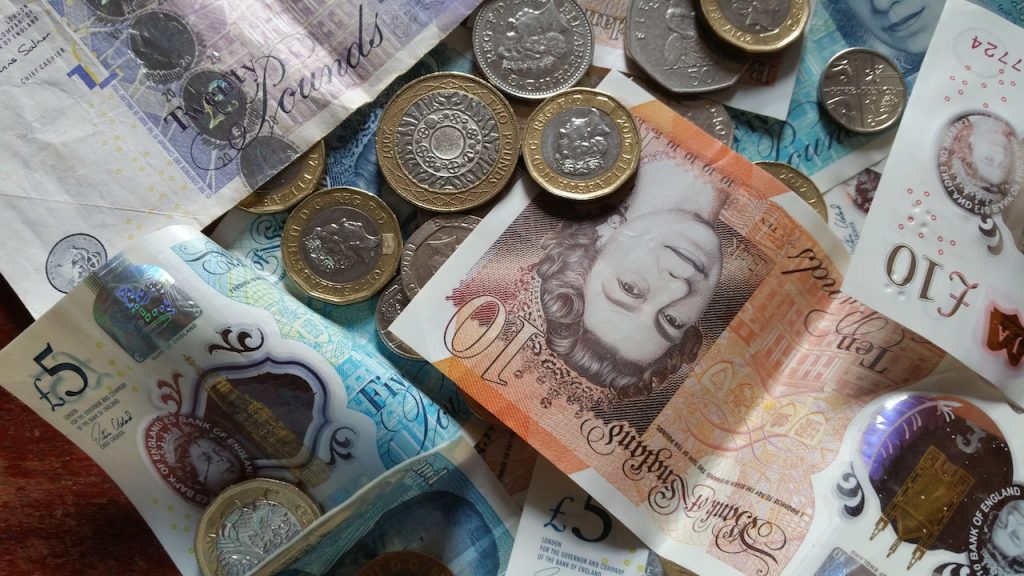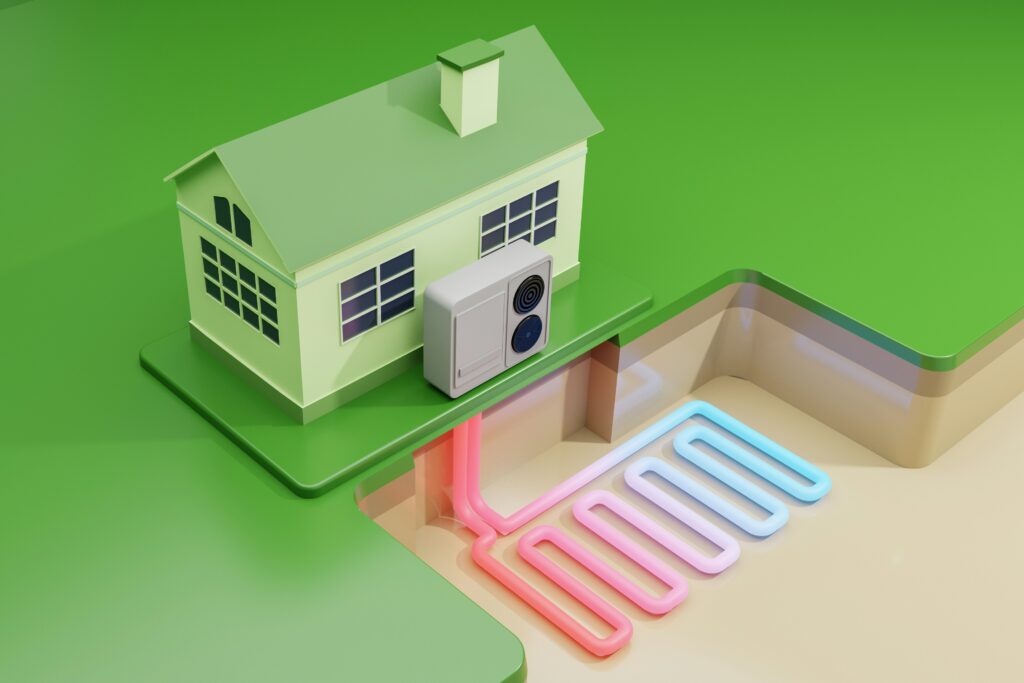How Much is Capital Gains Tax on Second Property?
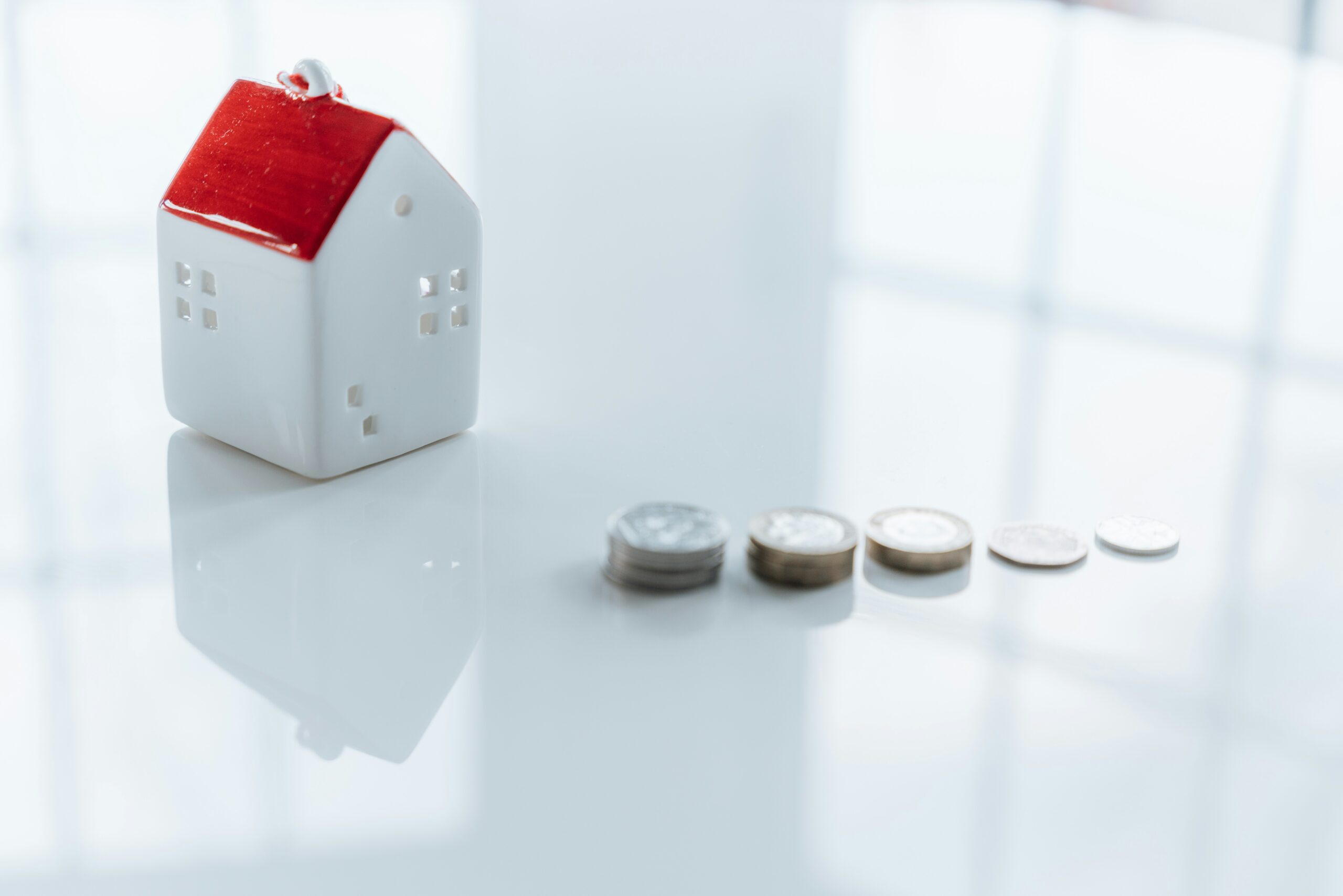
Estimated reading time 5 minutes
If you own more than one property and have decided it’s time to sell, you’ll need to work out how much capital gains tax is due on the second home. The recent budget announcement, many thought, may have seen a change but as it stands, not much has changed at all. Should you pay higher rate income tax, you’ll pay 24% tax on the gains from a property sale. If you are on the basic rate income tax band, you’ll pay 18% capital gains tax on the sale of a home. This is the same amount as pre-budget.
In this edition of our blog, we look at Capital Gains Tax on a second property so you remain fully aware of its potential implications and how you may be able to reduce the bill.
What is Capital Gains Tax?
Capital Gains Tax is the tax paid on the profit you make when an asset is sold that has increased in value from the time you bought it. How much you pay will depend on your tax status, the amount gained and what the tax-free allowance is. The capital gains tax allowance for the current tax year (2024/25) is £3,000.
This means you can make a £3,000 profit on the sale of your second home before you have to pay any Capital Gains Tax on it.
How do you pay Capital Gains tax on second property?
Should you have sold your second home and made a profit, you’ll need to pay your Capital Gains Tax. You are given sixty days to pay on sales of UK properties in the majority of cases. You do this by working out your gain and using the gov.uk calculator to work out whether the gain needs to be reported and tax paid on it.
How do you find your gain on the sale of a second property?
Your gain is simply the difference between what you paid for the second property and what you sold it for. You can also deduct any costs relating to the improvement of the home and those that would help to get it sold.
However, in some cases, you should use the market value to find out what the gain is. The market value for capital gains tax on a second property applies when:
- The home was a gift (no tax applies if it was gifted to a spouse, civil partner or a charity)
- You sold the home for less than it was worth to help the buyer
- You inherited the home and do not know the inheritance tax value
- You owned the home before April 1982
Can you reduce the amount of Capital Gains tax on a second property?
You can reduce your Capital Gains Tax bill. If, for example, you own multiple properties and have lost money on the sales of them. You could use the losses from those against the sale you are completing now.
You can also look at reducing the CGT on a second property by deducting costs for improvements, repairs and costs associated with selling from your profit.
There are also ways to reduce the amount of capital gains tax on a second property if it is jointly owned. If the second home is owned equally by a married couple but they earn amounts that put them in different tax brackets from one another, the CGT owed will be less than if the higher earner had sole ownership of the home at the time of the sale.
How much is Capital Gains Tax on a second property if it’s a buy-to-let?
If your second property is a buy-to-let and you decide to sell it, you’ll pay capital gains tax as you would on a second home. Your personal allowance will be applied, and reporting of gains and payment of the tax must still be completed within 60 days.
However, if you bought a home, lived in it and then let it out, the rules are a little different.
You’ll only need to pay CGT on this second home for your “chargeable gain”. This is the gain minus any Private Residence Relief you may be eligible for.
You’ll get full Private Residence Relief for the years you lived in the home, and the last nine months you owned the home, even if you were not living in it.
This means that if you purchased the home for £200,000 and lived in it for five years, then let it out for five years before selling it for £300,000 you’ll still be required to pay CGT, but it won’t be as much as if you lived there for the full ten years.
So, of the ten years you have owned the property, 59% of the time is given Private Residence Relief (5 years + 9 months). The remaining 41% is your chargeable gain. In this example, that means only £41,000 is seen as a taxable profit.
What is private residence relief?
Even though we are talking about second homes, where private residence relief doesn’t normally apply, the above example shows that it could come into play.
Private Residence Relief is something that exempts you from capital gains tax on a property when all of the following apply:
- You have one home and have lived in it as your main home for all the time you’ve owned it.
- You have not let out part of the home.
- You have not used the home exclusively for business purposes
- The grounds of the home do not exceed 5,000 square metres.
- You did not buy the home solely to make a gain.
If you are looking to sell a second property fast, speak to Bettermove, in our role as cash house buyers, we can facilitate the rapid sale of a property. In fact, we can complete the process in as little as seven days. Whether looking to sell an inherited property or sell a property portfolio, contact our team today and begin the quick sale of your home.
